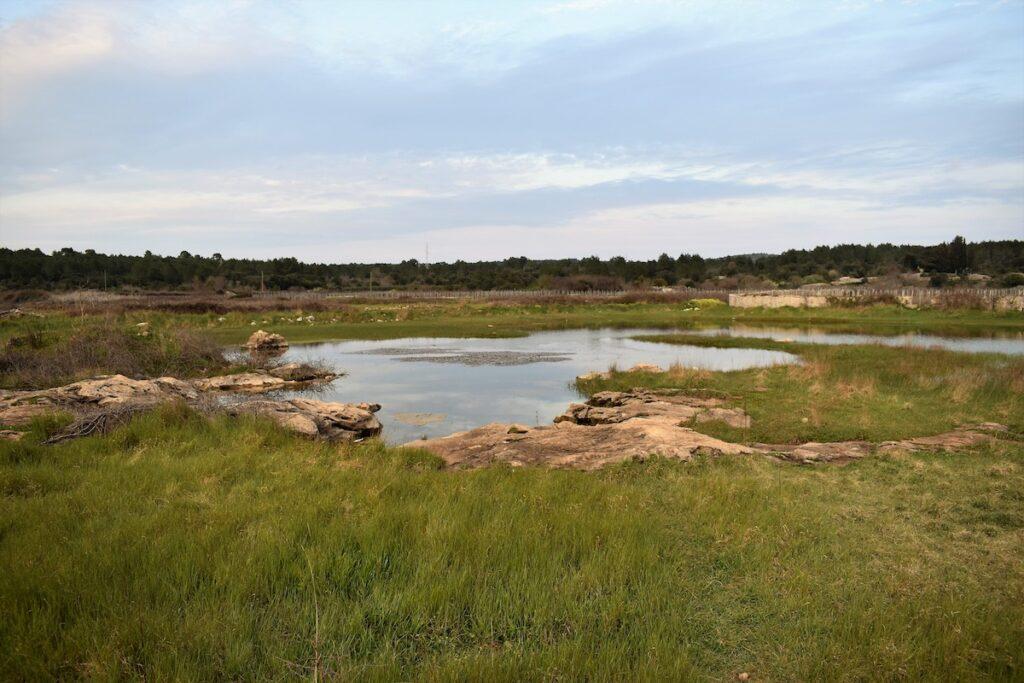For thousands of years, wetlands in the Mediterranean have provided people with water, food, building materials, fertile soil, navigation, and energy. Areas with a water source were a prerequisite for life, so there were developed today’s cities, such as Stari Grad on Island Hvar in Croatia, Tavira in Portugal, and Soria in Spain. Next to wetlands, we also find archeological sites that testify to the life of the community in this area.
The intangible heritage of the Mediterranean Diet is also directly related to the preservation of wetlands to preserve stable ecological systems in which food is produced, and to preserve traditional knowledge, skills and customs related to diet and lifestyle.
The value of wetland habitats is related to the restoration of groundwater supplies, strengthening of shores, retention of nutrients and sediments, mitigation of climate change and water purification. They are important for the preservation of biological diversity, as habitats for many economically important plant and animal species, and today they provide great opportunities for the development of tourism and recreation.
Wetlands include all permanent or occasional standing and flowing waters, natural and artificial lakes, floodplain forests, salt pans, grasslands, and the coast. Many habitats in the Mediterranean have already disappeared, and only the hydronyms on the maps remind us of their former presence. The local community on the island Hvar is implementing three projects important for the conservation of these habitats funded by FLAG Škoji: City of Stari Grad – “Sea soils of the island of Hvar” – valorization of natural heritage of the Kabal Peninsula, Hvar City – Geostasis – Hvar tsunami 66 and Jelsa Municipality – Jelsa Biodiversity Trail stream in the park.
What is the name of your nearest stream, pond, bay?
Learn more about World Wetlands Day.

